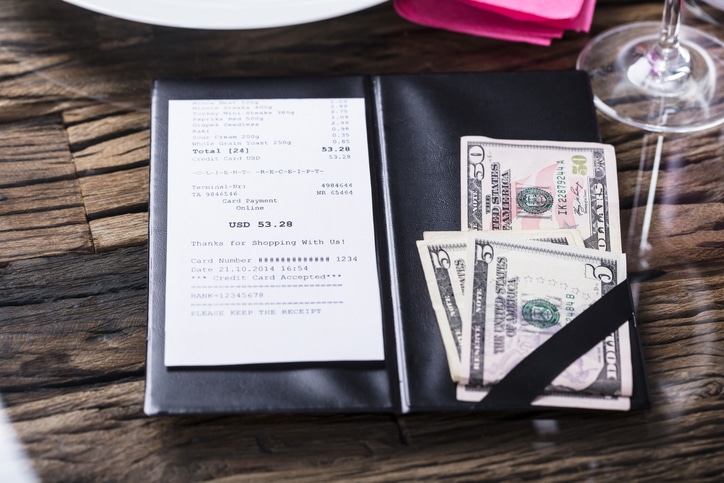Employers must follow specific rules regarding employees who are tipped

Many workers throughout the state of California rely on tips as part of their income. From waiters and waitresses to bartenders, housecleaners, delivery drivers, cab drivers, and bell hops, many Californians receive tips in exchange for providing excellent service. Frequently, the jobs worked by tipped employees are relatively low-paying, making it all the more important that an employee’s tips are protected.
According to a seasoned California employment lawyer, California’s Labor Law sets out clear guidelines about employees’ right to tips. It forbids employers from sharing in or keeping any portion of a gratuity left for or given to one or more employees by a customer. Under this law, a tip is defined as money that a customer leaves for an employee over the amount due for goods or services provided. Courts have expanded the definition of a tip to include gifts or presents, provided that the customer has no obligation to pay or give these presents. A tip belongs to an employee, and an employer has no right to it.
Significantly, because you own your tips as an employee, your boss cannot consider your tips as part of your wages. As a California employment lawyer can explain, your employer must pay you the minimum wage under the law. Tips cannot be deducted from the minimum wage that he or she is required to pay you.
In some situations, tip pooling is a common arrangement, such as in restaurants. This is where employees put all of their tips into a common pot or pool to be divided among all of the employees in the pool. In California, tip pooling is legal, even if it is imposed by an employer without the input of employees. However, to be valid, it must meet three requirements:
- Only certain employees in the chain of providing services to a customer can be included in the tip pool. In a restaurant, that would include a waiter/waitress, bartender, host, and busser, but not a cook, dishwasher or cashier.
- Employers, managers, or supervisors cannot be part of the tip pool.
- Tips must be distributed to employees in a fair and reasonable manner. According to the California Department of Labor Standards Enforcement, for restaurant workers, a fair and reasonable distribution includes 80% to a waitperson, 15% to people bussing the tables and 5% to bartenders.
If the charge is mandatory, which may occur where there is a large party or for a delivery fee, then it is not a tip, but a contractually agreed payment. In these cases, it is owed to the employer, and not the employee.
If your employer violates the law on tipping, then a skilled California employment lawyer can help. There are two primary remedies: a civil lawsuit or a wage claim. Your attorney can work with you to help you determine the best course of action based on the facts of your case.
The California employment lawyers of PLBH stand with employees against unfair, illegal and unethical conduct. We are dedicated to helping workers achieve justice. Contact our firm today at (800) 435-7542 or info@plblaw.com to schedule a consultation.
